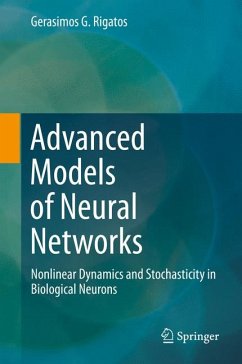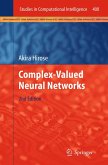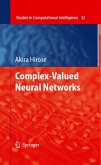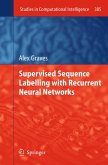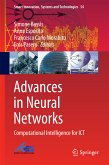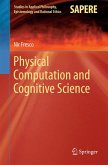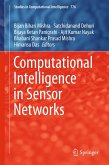Introduces advanced models of neural networks
Includes several chapters suitable for related postgraduate courses in engineering, computer science, mathematics, physics and biology
Dieser Download kann aus rechtlichen Gründen nur mit Rechnungsadresse in A, B, BG, CY, CZ, D, DK, EW, E, FIN, F, GR, HR, H, IRL, I, LT, L, LR, M, NL, PL, P, R, S, SLO, SK ausgeliefert werden.

